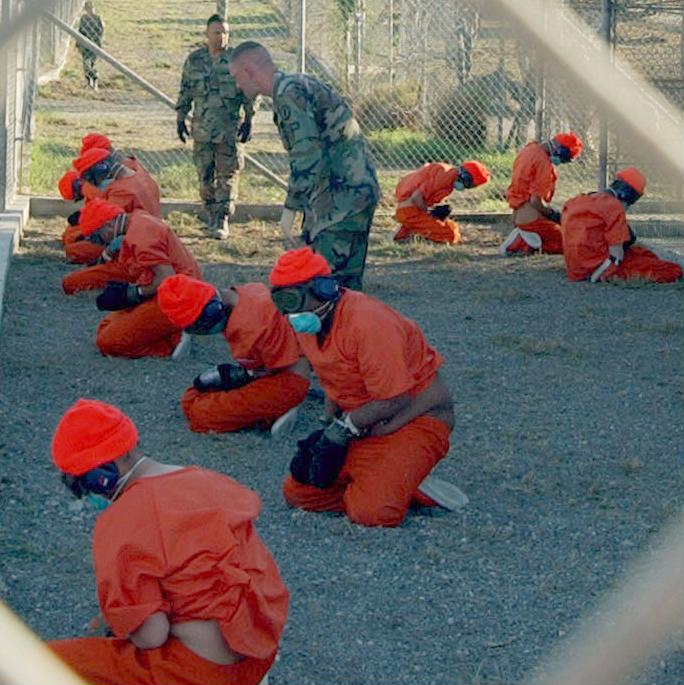Our Core Tenets
Progressives are often discredited as idealists who adhere to unrealistic values rather than facts, as if a commitment to values prevents necessary compromises. To the contrary, SPRI’s values-based methodological approach shows that values are not a hindrance, but an asset which ensures a focus on a measurable goal: actual security for the working class — in the U.S. and abroad.
A values-based approach provides policymakers with a framework to achieve real credibility. This approach shows how the general public and grassroots movements matter in decisions relating to national security and foreign policy. Only by mobilizing an informed working class can power over these decisions be taken back from the political and economic elites.
We conduct empirical research, analysis, and media critique that reflect our clear, plainly stated values. Our value-based methodology offers the freedom to approach issues of national security and foreign policy with greater creativity and empathy than the existing liberal think tank establishment.
Foreign Policy Starts at Home
Foreign policy centered around a state of permanent warfare has broad, bipartisan support. While misbegotten U.S. interventions ultimately lead to violence beyond our borders, the first casualties of this policy occur domestically. Every dollar spent on ‘national security’ is a dollar not spent on the most relevant and urgent threats facing working-class Americans — lack of healthcare, affordable housing, and the effects of climate change. This trade-off perpetuates inequality and creates conditions that not only make us less safe, they make us less free.
Do No Harm
In order to justify misguided and violent foreign policies, political elites rely on the presumption of American benevolence. Repeatedly faced with the predictable contradictions to this narrative, Congress has proven unwilling to act. We need a Hippocratic Oath for foreign policy. This is a proactive approach that requires any suggestion to ‘fix’ an international issue be obliged to do no harm and avoid making the situation worse. The first step to establishing this procedural norm is for Congress to reassert its constitutional responsibility by taking ownership of foreign policy, to preemptively avoid U.S. complicity in human rights abuses, indefinite occupation, and violations of international law.
Agency
Whose lives matter? Conventional security discourse diminishes the agency and dignity of non-U.S. populations. U.S. security policies that promote the self-interest of ordinary Americans are neither just nor effective if they fail to account for the interests of our foreign partners and allies, or the peoples who live under hostile or ‘enemy’ governments. American-led initiatives for statebuilding and democratization have failed at least in part because they promote a narrow, Western conception of democratic and neoliberal norms and practices, regardless of context. If U.S. security policy is to promote real self-determination, it must be inclusive and context-sensitive.
Accountability
The architects and implementers of the most destructive foreign policy decisions cannot continue to be immune from consequence. When misbegotten or illegal policy decisions are not held to account, they embolden other actors — foreign or domestic — to act similarly or worse. This immunity creates apathy and disaffection among an American public that has been systematically and intentionally excluded from foreign policy decision-making. Domestic enforcement mechanisms need to be activated to hold the political elite to account, and the U.S. needs to cooperate within international enforcement systems.
Foreign Policy Ends at Home
Foreign policy is circular. Although they may take a different form upon return, violent or repressive policies deployed over there often have a second life back here. Designed to sustain endless violence abroad, military weapons and tactics flow into local police departments and threaten public safety. Surveillance technologies circle back to compromise freedom of expression and erode constitutionally guaranteed liberties. Both place additional burdens on the taxpayer.




